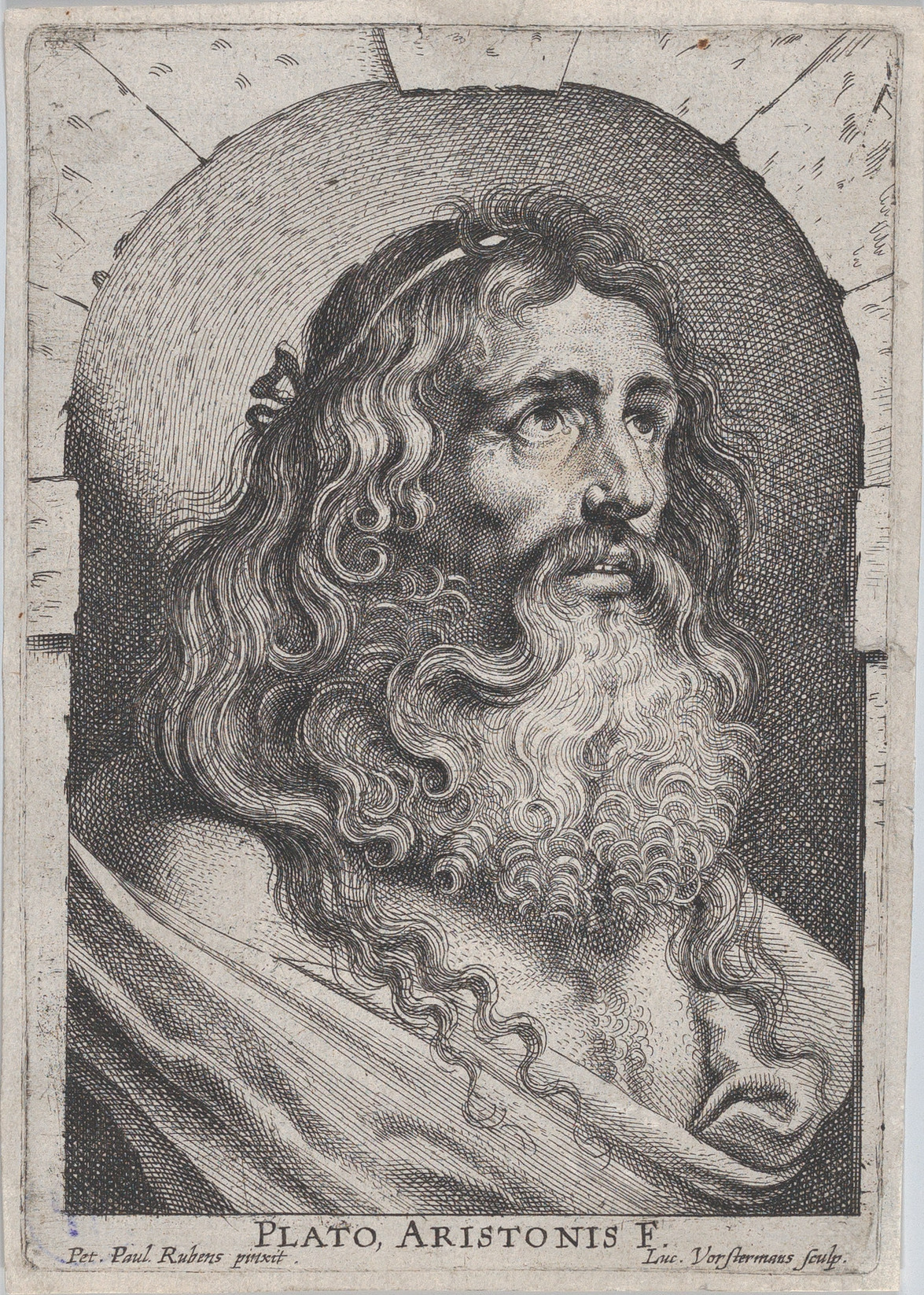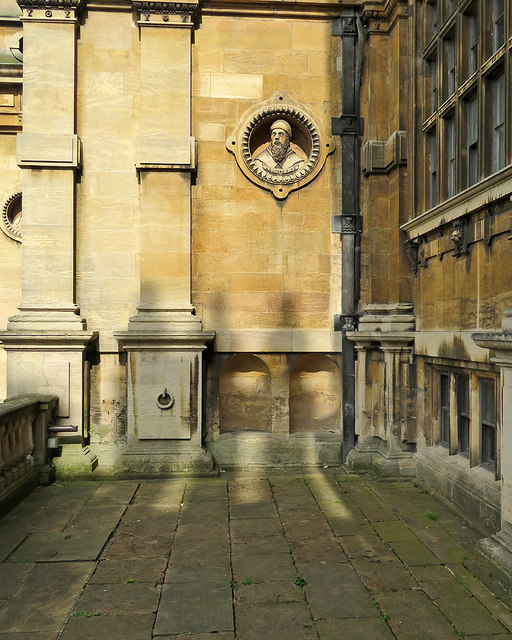Plato and Aristotle’s Views on Poetry
The Timeless Debate Firstly, it is essential to delve into the historical context surrounding Plato and Aristotle’s views on poetry. These prominent philosophers, flourishing in ancient Greece, laid the foundations for Western philosophy. Their ideas continue to influence modern thought, particularly in the realm of art and aesthetics.

Plato’s Critique of Poetry Plato, in his celebrated work “The Republic,” expressed a skeptical view of poetry and the arts. He argued that art, including poetry, is an imitation of reality, and thus, thrice removed from the truth. In his view, the physical world itself is a shadow of the ideal forms, and art, being a reflection of the physical world, is even further from the truth. Plato’s primary concern was that art has the power to evoke emotions and sway the audience, often leading them away from rational thought and the pursuit of truth.
Aristotle’s Defense of Poetry Contrastingly, Aristotle, a student of Plato, offered a more favorable view of poetry in his work “Poetics.” He saw poetry not merely as imitation but as a creative process that reveals universal truths. Aristotle argued that poetry, particularly tragedy, has a cathartic effect, purging the audience of negative emotions like pity and fear. He believed this emotional cleansing was beneficial for both the individual and society.
The Impact of Their Views on Art and Society The contrasting views of Plato and Aristotle on poetry have had a significant impact on the perception and development of art through the centuries. Plato’s skepticism towards art influenced early Christian thinkers, leading to a cautious approach towards visual representations in religious contexts. On the other hand, Aristotle’s ideas paved the way for embracing art as a means of moral and emotional education.
Contemporary Relevance In today’s world, Plato and Aristotle’s Views on Poetry continue to resonate. Modern discussions about the role of art in society often reflect Plato’s concerns about the power of media to influence, and Aristotle’s belief in the emotional and moral value of art. This debate is particularly relevant in the age of digital media, where the lines between reality and representation are increasingly blurred.
Conclusion: A Legacy of Philosophical Inquiry In conclusion, the debate between Plato and Aristotle over poetry is not just a historical footnote but a living dialogue that continues to shape our understanding of art and its role in society. Their ideas remind us that art is not just a source of beauty or entertainment but a powerful tool that can shape thoughts, emotions, and society at large.
For a more in-depth exploration of Plato and Aristotle’s Views on Poetry, particularly Plato and Aristotle’s original texts and interpretations, readers are encouraged to visit Arcadia’s detailed post on this philosophical debate. This resource offers valuable insights and further reading for those interested in the intersection of philosophy and art.








